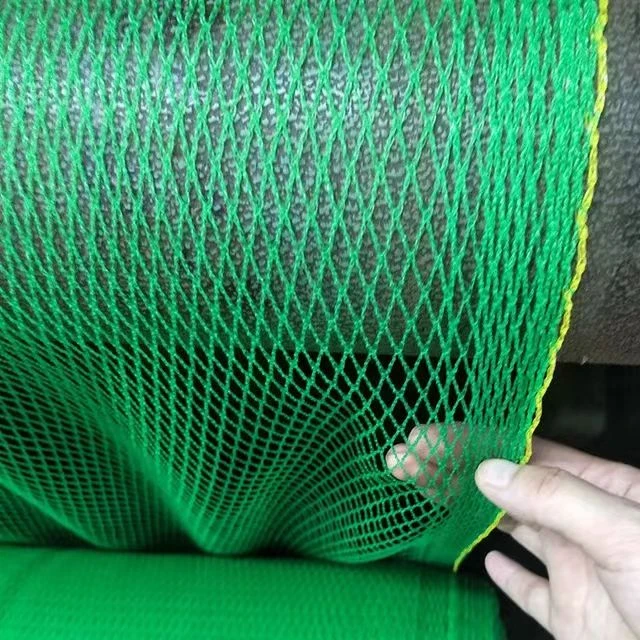-
 Afrikaans
Afrikaans -
 Albanian
Albanian -
 Amharic
Amharic -
 Arabic
Arabic -
 Armenian
Armenian -
 Azerbaijani
Azerbaijani -
 Basque
Basque -
 Belarusian
Belarusian -
 Bengali
Bengali -
 Bosnian
Bosnian -
 Bulgarian
Bulgarian -
 Catalan
Catalan -
 Cebuano
Cebuano -
 China
China -
 Corsican
Corsican -
 Croatian
Croatian -
 Czech
Czech -
 Danish
Danish -
 Dutch
Dutch -
 English
English -
 Esperanto
Esperanto -
 Estonian
Estonian -
 Finnish
Finnish -
 French
French -
 Frisian
Frisian -
 Galician
Galician -
 Georgian
Georgian -
 German
German -
 Greek
Greek -
 Gujarati
Gujarati -
 Haitian Creole
Haitian Creole -
 hausa
hausa -
 hawaiian
hawaiian -
 Hebrew
Hebrew -
 Hindi
Hindi -
 Miao
Miao -
 Hungarian
Hungarian -
 Icelandic
Icelandic -
 igbo
igbo -
 Indonesian
Indonesian -
 irish
irish -
 Italian
Italian -
 Japanese
Japanese -
 Javanese
Javanese -
 Kannada
Kannada -
 kazakh
kazakh -
 Khmer
Khmer -
 Rwandese
Rwandese -
 Korean
Korean -
 Kurdish
Kurdish -
 Kyrgyz
Kyrgyz -
 Lao
Lao -
 Latin
Latin -
 Latvian
Latvian -
 Lithuanian
Lithuanian -
 Luxembourgish
Luxembourgish -
 Macedonian
Macedonian -
 Malgashi
Malgashi -
 Malay
Malay -
 Malayalam
Malayalam -
 Maltese
Maltese -
 Maori
Maori -
 Marathi
Marathi -
 Mongolian
Mongolian -
 Myanmar
Myanmar -
 Nepali
Nepali -
 Norwegian
Norwegian -
 Norwegian
Norwegian -
 Occitan
Occitan -
 Pashto
Pashto -
 Persian
Persian -
 Polish
Polish -
 Portuguese
Portuguese -
 Punjabi
Punjabi -
 Romanian
Romanian -
 Russian
Russian -
 Samoan
Samoan -
 Scottish Gaelic
Scottish Gaelic -
 Serbian
Serbian -
 Sesotho
Sesotho -
 Shona
Shona -
 Sindhi
Sindhi -
 Sinhala
Sinhala -
 Slovak
Slovak -
 Slovenian
Slovenian -
 Somali
Somali -
 Spanish
Spanish -
 Sundanese
Sundanese -
 Swahili
Swahili -
 Swedish
Swedish -
 Tagalog
Tagalog -
 Tajik
Tajik -
 Tamil
Tamil -
 Tatar
Tatar -
 Telugu
Telugu -
 Thai
Thai -
 Turkish
Turkish -
 Turkmen
Turkmen -
 Ukrainian
Ukrainian -
 Urdu
Urdu -
 Uighur
Uighur -
 Uzbek
Uzbek -
 Vietnamese
Vietnamese -
 Welsh
Welsh -
 Bantu
Bantu -
 Yiddish
Yiddish -
 Yoruba
Yoruba -
 Zulu
Zulu
weld mesh fence price
Welded Mesh Fence Price Factors, Benefits, and Considerations
Welded mesh fencing is a popular choice for both residential and commercial properties due to its robustness and versatility. With its distinctive structure of welded wires, this type of fencing provides outstanding durability and security while also being economically advantageous. Understanding the price of welded mesh fence involves considering several factors, the benefits it offers, and the considerations you should keep in mind.
Factors Affecting Welded Mesh Fence Price
1. Material Quality The price of welded mesh fencing largely depends on the materials used in its construction. Steel is the most common material, noted for its strength and resistance to corrosion, particularly when galvanized or coated. The thickness of the wires and the size of the mesh openings also influence costs. A thicker wire will typically command a higher price due to increased durability.
2. Height and Size Fencing comes in various heights and widths. Prices will vary proportionally with the size of the mesh fence. Taller fences may require additional bracing, which can elevate costs. When selecting a fence, consider your specific needs for privacy, security, and aesthetics, as these will determine the optimal height and design.
3. Design and Customization Standard welded mesh fences tend to be more cost-effective than custom designs. However, if you require unique features such as decorative elements or additional security measures, you should expect to pay more. Customization can greatly enhance the fence's functionality but often comes at an additional cost.
4. Installation Costs Beyond the purchase price of the fence itself, installation costs can add significantly to the total expense. Hiring a professional to install your fence ensures proper placement and longevity but will increase the overall budget. Factors such as the complexity of the installation, the ground conditions, and regional labor rates can all influence the final cost.
5. Location Pricing can vary greatly depending on geographic location. In some areas, the availability of materials and local demand for fencing can lead to price fluctuations. It's advisable to conduct market research or consult local suppliers to get an accurate estimate for your specific location.
weld mesh fence price

Benefits of Welded Mesh Fencing
1. Durability Welded mesh fencing is known for its long-lasting properties. It can withstand various weather conditions and is less prone to sagging or warping compared to other types of fencing materials.
2. Security This type of fencing provides a solid barrier that is difficult to breach. Many businesses and homeowners opt for welded mesh fencing to enhance security without compromising visibility.
3. Low Maintenance Welded mesh requires minimal upkeep. Unlike wood fences that may need regular painting or staining, welded mesh can be easily cleaned and is generally rust-resistant, especially when coated.
4. Versatility Welded mesh fencing is suitable for various applications, including gardens, commercial properties, and industrial zones. Its aesthetic flexibility allows it to blend seamlessly into different environments.
Considerations Before Purchase
Before investing in a welded mesh fence, consider your specific needs and budget. Assess your property’s layout and determine the required height, while keeping local regulations and codes in mind. It’s beneficial to get multiple quotes from suppliers and installers, allowing you to compare prices and ensure you’re getting the best value.
In conclusion, the price of welded mesh fencing can vary based on numerous factors, including materials, design, installation, and location. However, its benefits, such as durability, security, and low maintenance, can justify the investment. Thorough research and planning will help you find the right welded mesh fence that meets your requirements without exceeding your budget.
-
Shipping Plastic Bags for Every NeedNewsJul.24,2025
-
Safety Netting: Your Shield in ConstructionNewsJul.24,2025
-
Plastic Mesh Netting for Everyday UseNewsJul.24,2025
-
Nylon Netting for Every UseNewsJul.24,2025
-
Mesh Breeder Box for Fish TanksNewsJul.24,2025
-
Expanded Steel Mesh Offers Durable VersatilityNewsJul.24,2025











